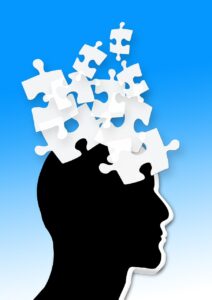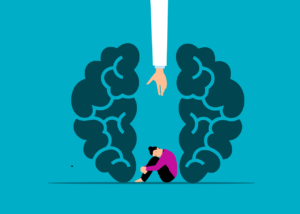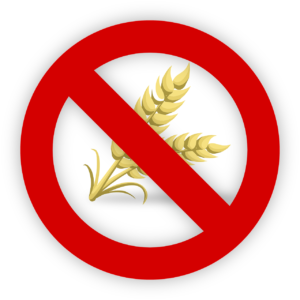Are you kickstarting your day with an empty stomach? Uncover the potential repercussions on your health.
While breakfast is widely touted as the most crucial meal of the day, the question arises: is it truly essential?
The Importance of Breakfast
Many experts advocate for a diverse breakfast, a delightful notion, but let's face it: in the hustle of daily life, who has the time to prepare a lavish morning feast with eggs, porridge, avocado, and freshly squeezed orange juice?
Realistic Mornings
We believe more individuals than we realize commence their day with a comforting cup of hot tea, perhaps paired with a banana, and sustain this routine until lunch. For some, this minimalist approach to mornings is a gateway to contentment. It's acceptable not to be a breakfast enthusiast.
Is skipping breakfast detrimental to your health? Citing The Guardian, studies reveal that those who bypass breakfast may face an increased susceptibility to cardiovascular disease, diabetes, and stroke.
Health Implications
Discover the balance between morning rituals and health considerations. Is the most important meal of the day truly non-negotiable?
Unlocking the Benefits of a Thoughtful Breakfast Routine
Research suggests that those who skip breakfast often make less favorable food choices throughout the day. Skipping breakfast can lead to elevated levels of the hunger hormone and simultaneously suppress the satiety hormone.
To optimize your breakfast routine, prioritize choices that fuel your energy and support healthy decision-making throughout the day. If breakfast isn't part of your routine, assess your diet's overall nutritional intake to avoid deficiencies.
Ensure a balanced diet, avoiding extremes in portion size or nutritional content when one of the day's essential meals is skipped. Check for an adequate intake of protein, high-quality carbohydrates, and healthy fats to maintain overall well-being.
Breaking your fast is an essential aspect of breakfast. Dividing your morning meal into parts, or intermittent fasting, can mimic the health benefits of traditional fasting. Be mindful that additions like milk to coffee can interrupt the fasting state, whereas calorie-free drinks like water, black coffee, and tea align with intermittent fasting.
Numerous studies highlight the positive effects of fasting, such as a 14 to 16-hour overnight fast, contributing to improved health outcomes. Restricting meals to an eight-hour time window can promote body balance, enhance sleep quality, and aid in weight management.
It's crucial to note that certain demographics, including children, the elderly, or those with a history of eating disorders, should not skip breakfast. Consistent energy supply and stable blood sugar levels contribute to a positive sense of well-being throughout the day.
🌐 Sources
Harvard Health - Boost Your Energy Naturally with Breakfast
Johns Hopkins Medicine - Intermittent Fasting: What is it, and how does it work?
EatingWell - What Happens to Your Body When You Skip Breakfast
Consumer Reports - Breakfast Foods for Energy
Healthline - Intermittent Fasting: Benefits, How It Works, and More PubMed - S






